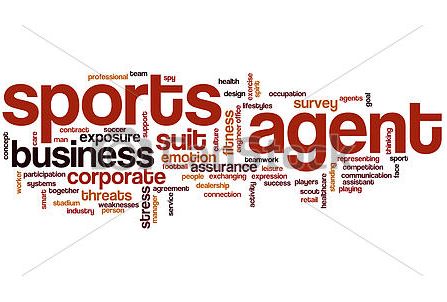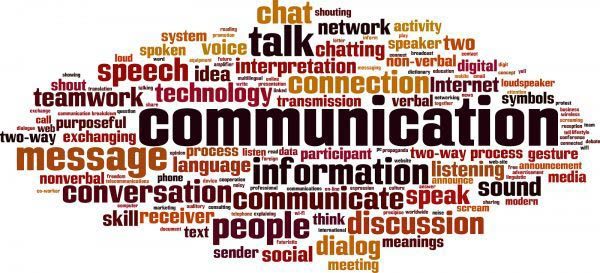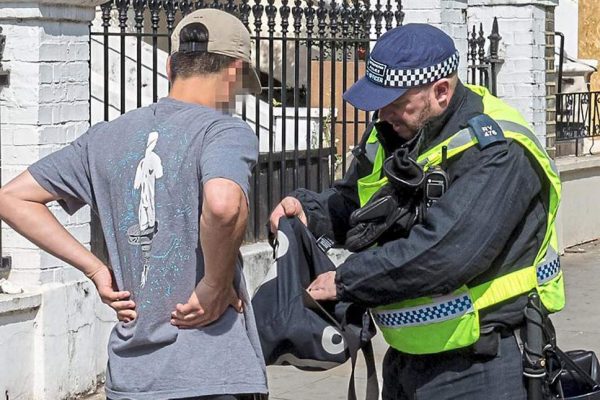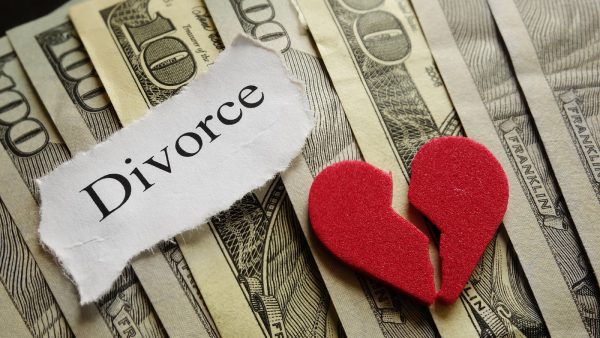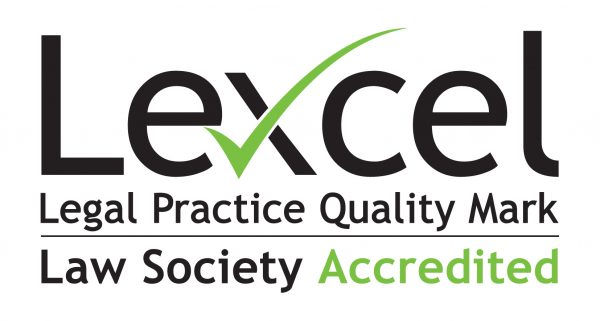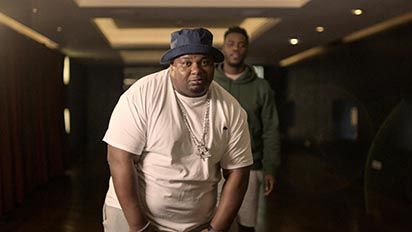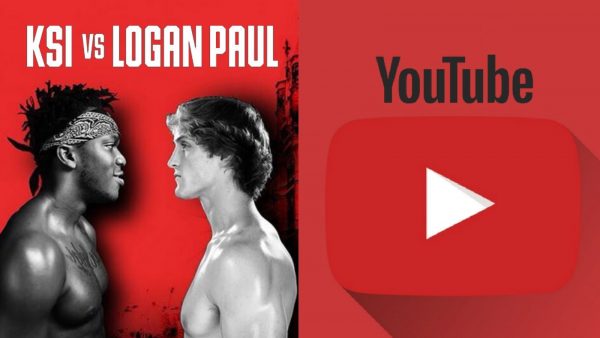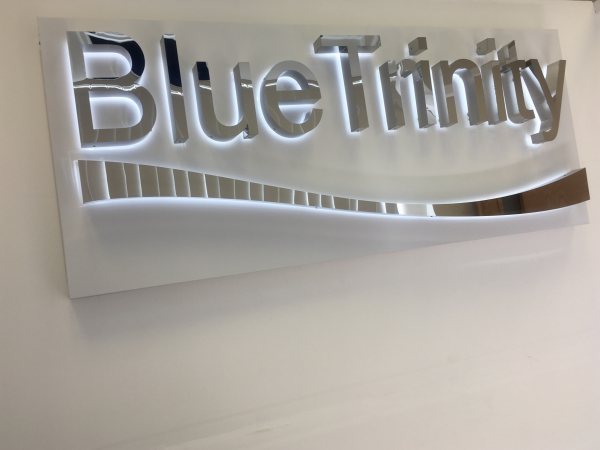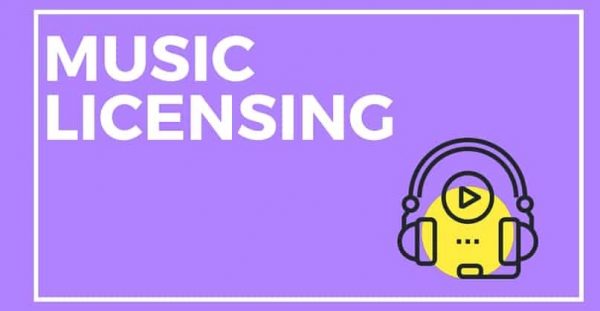
Music licensing in the UK used to be a minefield of different licences and permits. Fortunately, the whole system has been streamlined. Contact us at Blue Trinity for specialist legal advice on the matter. In the meantime, here are the five things you could keep in mind when considering music licensing.
PPL PRS
Phonographic Performance Limited (PPL) and the Performing Right Society (PRS) are industry bodies who collect royalties on behalf of recording artists and record companies. No matter whether it is played from the internet, a CD, or your smartphone, any business that plays recorded music on their premises needs to pay for a licence. The cost of the licence will vary according to the type of business, and the size of the premises.
Licensing for live events
In 2012, the Live Music Act 2012 was introduced. One of the effects of the LMA is that not all live music events require a licence anymore. In cases where the event is taking place at a venue that already holds an alcohol licence, has an audience of fewer than 500 people, and takes place between 8 AM and 11 PM, an event licence isn’t normally required.
Since the act was introduced, it has been much easier for venues to put on live music events. However, there are a number of rules and regulations in the act which need to be observed. Any venue found to be in contravention of these is liable to be shut down or fined.
Some places are exempt
There are some locations that have a specific exemption in the law regarding live music events. These places are allowed to play music and host audiences who wish to listen to music being performed live. For example, places of worship are not restricted in their ability to incorporate music into their worship. Similarly, village halls, city halls, and some other public buildings have exemptions.
Schools and hospitals are also free from the licensing requirements, as are the premises of local authority buildings. Another group that is exempted includes anywhere where music is incidental to the activities that occur there, provided those events aren’t classified as regular entertainment in their own right.
Temporary licences
If someone wishes to host a licensed event on premises that are unlicensed, they will need to apply for a temporary license (TEN). A temporary licence will also be required if the audience is going to number more than 500. Also, note that you still need to apply for the PRS PPL.
Temporary licences aren’t just used for music, they can be applied to any licensable activity. This includes the selling and serving of alcohol, as well as providing other types of entertainment and dancing. You need only one TEN for every event, but make sure that it covers everything that you will need a licence for.
Recorded music licencing
Whether it’s a nightclub or an office, any business that wishes to play recorded and copyrighted music will need to obtain the correct licence to do so.
Music licensing in the UK has gotten simpler over the years. The current legislation generally does a good job of balancing the rights of artists with a fair and open approach to music.
